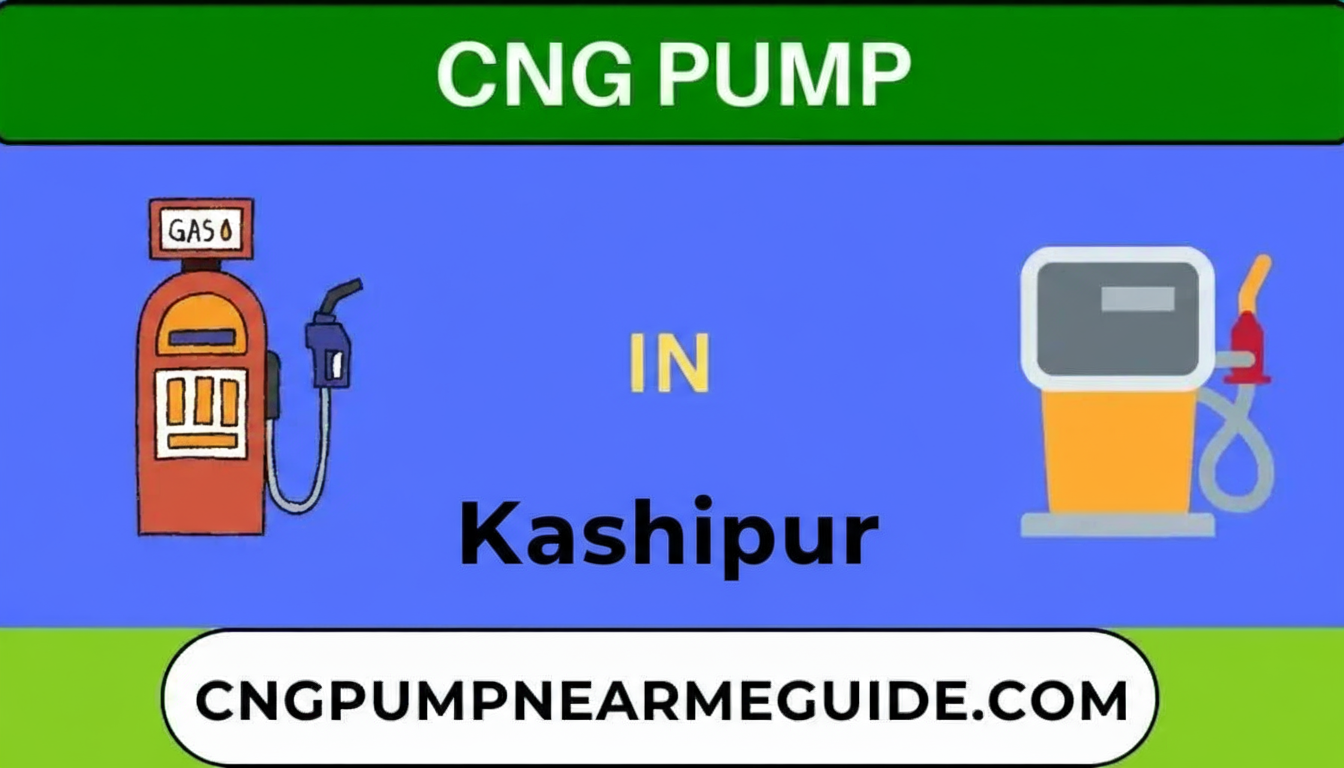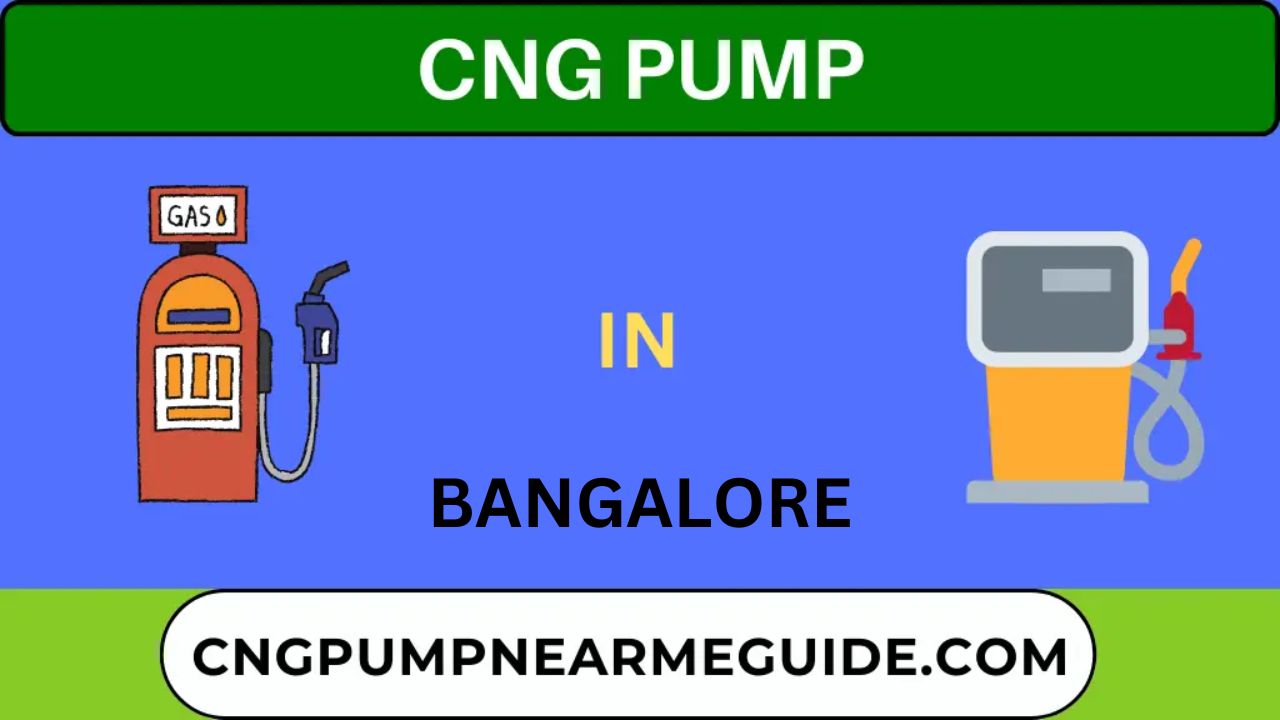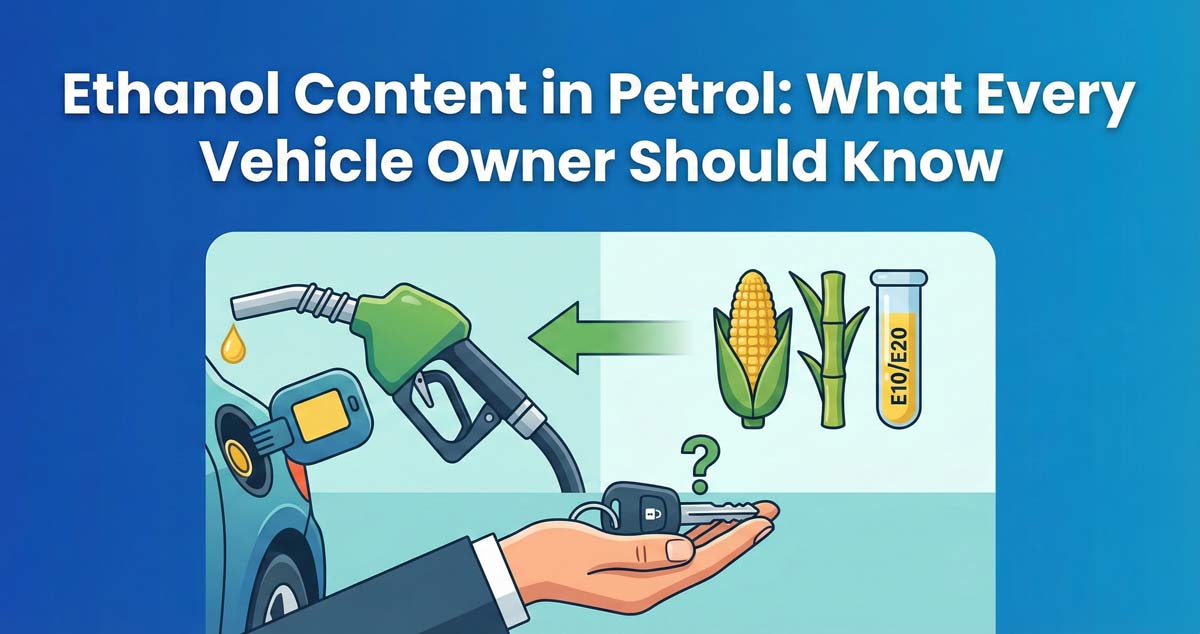
In the past few months, across the country, CNG gas price increases have been an issue on the minds of vehicle users. The increasing natural gas price has sent shockwaves to anyone in the market from the daily commuter to businesses using CNG-fueled vehicles for logistics. Mumbaikars just witnessed the new CNG price hike, in which the price for per kilogram of CNG, shot up by ₹2. The case is not new to the country as a whole. What is driving this increase and how do consumers find their way through this storm?
Contents
The Reasons Behind The CNG Price Hike
World Natural Gas Prices Leap
Presently, the growing global demand for natural gas is one of the factors responsible for the increased price of CNG. The cost of natural gas has skyrocketed as the world’s economies recover from the pandemic and energy demands surge. For a country like India, which imports most of its natural gas, this has resulted in higher prices for CNG production and supply.
Domestic Factors Affecting Prices
Apart from the global upsurge in price, there have been domestic factors aggravating the price hike. Issues like logistical challenges, increased inflation, and even high maintenance costs of CNG networks contributed to the problem. Pressure in relation to the overall costs of running the infrastructure of pipelines and filling stations contributes to the overall cost of CNG.
Imbalance between Demand and Supply
The growing demand for CNG and PNG is another factor that has resulted in the increased prices of the PNG CNG. More and more people are turning to CNG due to its cleaner and cost-effective nature compared to fuels such as petrol and diesel. As a result, the supply of CNG is not sufficient to meet the ever-increasing demand. This source of imbalance fetches and contributes to higher prices because of constraints experienced by companies in supplying this commodity.
Effects of the CNG Price Surcharge to Vehicle Owners
Fuel Price Raise
The most direct impact is the increased cost of fuel for the vehicles. For daily commuters and fleet operators, this might mean higher operational costs. In big cities such as Mumbai, where CNG is widely used in public transports and commercial vehicles, even a marginal increase can have huge financial implications for operational costs. Vehicle owners would now be required to pay more for the same amount of fuel as they did earlier, which would directly affect their monthly expenditure.
Increased Cost of Goods and Services
Several businesses, especially those in transportation and logistics companies, rely heavily on CNG-powered vehicles. With the increase in the price of CNG PNG, the companies pay more for their operations, which would ultimately be passed on to consumers. From delivery fees up to the costs of transporting goods, increased prices would mean costlier goods and services that customers have to bear expenses for.
Shift Toward Electric and Alternative Fuels
In the long run, a rise in CNG price hikes might make people opt for cleaner fuel alternatives, but electric vehicles are not yet an easily accessible alternative for most due to costs and the initial investment involved with very little charging infrastructure. Nevertheless, mounting pressure from increased CNG costs may force governments to implement more projects aimed at adoption of cleaner alternatives and better infrastructures for electric vehicles.
Government Initiatives and Potential Measures
Subsidies and Incentives for CNG Users
The government might bring subsidy and incentives into the market as relief to consumers when it increases CNG prices due to the hike. Presently, CNG is on the average priced lower than petrol and diesel. However, the current trend of prices may force the government to include people-friendly measures, such as offering tax breaks to the public for buying CNG-powered vehicles or investing in infrastructure to improve supply.
Boost to Alternative Fuels
The increasing CNG PNG price hike may also see renewed attention to the development and promotion of alternative fuels such as electricity, hydrogen, and biofuels as alternatives. These may help in decreasing the dependence on fossil fuels in the country and help offset the price hikes of natural gas. Government policies and incentives that reduce the cost of EVs and make charging stations more accessible shall help shift focus to cleaner sources of energy.
Long-term Infrastructure Investment
A more long-term solution to the root causes of the price increase in CNG is to invest in much-needed infrastructure that promotes efficient and stable distribution. This is made possible by the coordination of government and private companies to strengthen the pipeline, improve CNG storage, and come up with better distribution systems. In such ways, overall costs would significantly decline to be passed on to the consumers.
Consumer Action Plan to Control the Rise in CNG Prices
Improve Fuel Efficiency
The increase in prices of CNG is unavoidable; however consumers can minimize the effect of this move by improving fuel efficiency. Vehicle maintenance, checking tire pressure, and using the car on a limited scale for necessary travel will help consume more fuel efficiently.
Shift to CNG-Fitted Cars
For those who still rely on petrol or diesel, switching to a CNG-powered vehicle could be a smart financial decision in the long run. CNG-powered cars tend to be more fuel-efficient and cost-effective than their petrol and diesel counterparts. With the rise in CNG gas prices, this might be a good time for consumers to consider the switch, as it could lead to savings in the future despite the recent price hike.
Monitor Fuel Prices Regularly
Lastly, staying informed about fuel prices through news updates and price comparison apps can help consumers find the best deals on CNG. Many apps track price fluctuations in real-time, allowing drivers to plan their refueling schedules and save money where possible.
Conclusion
The CNG price hike is a wake-up call for vehicle owners and businesses relying on this cleaner fuel. While not an easy thing to cope with, the upward trend of CNG gas prices and price increases of CNG PNG offer many avenues for cost management-from fuel efficiency practices to alternative energy solutions. Governments and private institutions must collaborate to ensure sustainable pricing while also strengthening infrastructure improvements to shield consumers from the continued effects of surging fuel costs in the face of rising demand for CNG.





